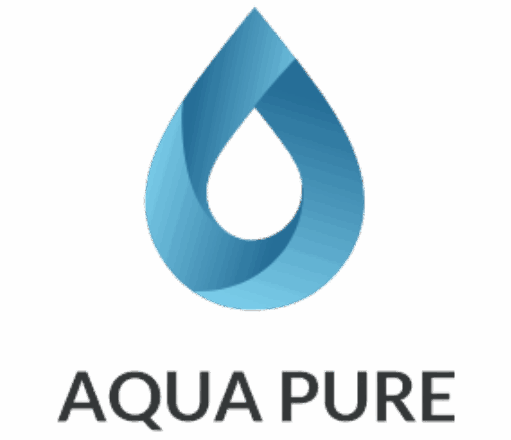Effects of Reduced Alkaline Water on Gastrointestinal Diseases
Published on blog.aquapure.co.uk
Introduction
Gastrointestinal (GI) diseases affect millions of people worldwide and are one of the main causes of chronic discomfort and poor quality of life. Recent studies show that oxidative stress (OS) is closely linked to the origin and evolution of these pathologies. In this context, reduced alkaline water (ARW) has emerged as a promising natural solution for relieving symptoms and improving intestinal health.
The Role of Oxidative Stress in GI Diseases
OS occurs when there is an imbalance between free radicals and antioxidants in the body, causing cell damage. In the gastrointestinal system, this process contributes to inflammation, mucosal erosions, abdominal pain, diarrhoea and constipation. Among the main radicals involved are superoxide (O2-), hydrogen peroxide (H2O2) and reactive nitrogen species (RNS).
Reduced Alkaline Water: What Is It?
ARW is a form of functional water generated by electrolysis, with an alkaline pH (8-10), low oxidation-reduction potential (ORP) and rich in molecular hydrogen (H2). These properties give it an antioxidant and anti-inflammatory action that can directly benefit the gastrointestinal tract.
ARW’s Mechanisms of Action
- Neutralisation of free radicals: thanks to molecular hydrogen and low ORP;
- Reduction of inflammation: inhibition of inflammatory cytokines such as IL-6 and TNF-α;
- Improving intestinal integrity: strengthening epithelial junctions and balancing the microbiota.
Clinical Studies and Promising Results
Several clinical trials point to tangible benefits of ARW in patients with:
- Irritable bowel syndrome (IBS): improvement in abdominal pain and quality of life after 8 weeks;
- Gastritis: reduced inflammation and increased expression of protective genes;
- Chronic diarrhoea and abdominal distension: positive results in Japanese studies.
Impact on the Intestinal Microbiota
Studies in animal and human models show that ARW intake promotes the diversity and balance of intestinal flora, with an increase in beneficial bacteria such as Bifidobacterium and greater production of short-chain fatty acids such as butyrate.
Conclusion
Reduced alkaline water appears to be a natural ally in promoting gastrointestinal health. Although more clinical studies are needed, current evidence supports its use as a therapeutic complement to relieve symptoms and restore intestinal balance.
Note: this content is informative and does not replace medical advice.
Call to Action
Discover how ARW can transform your gut health. Visit product.aquapure.pt to know our products and to book a free demonstration. To watch an online demo click here demo.aquapure.pt.
Consult the Original Scientific Study
You can access the full scientific article on which this content is based by clicking on the button below:

